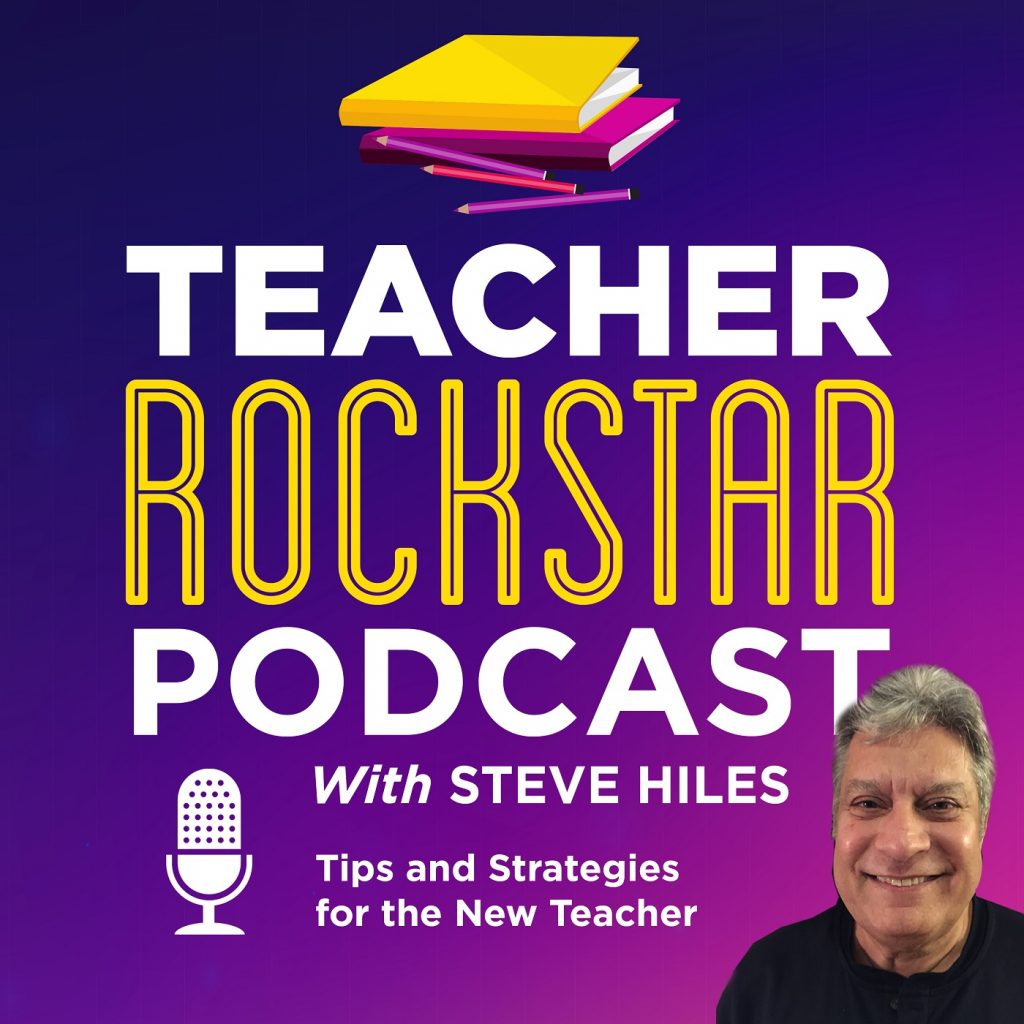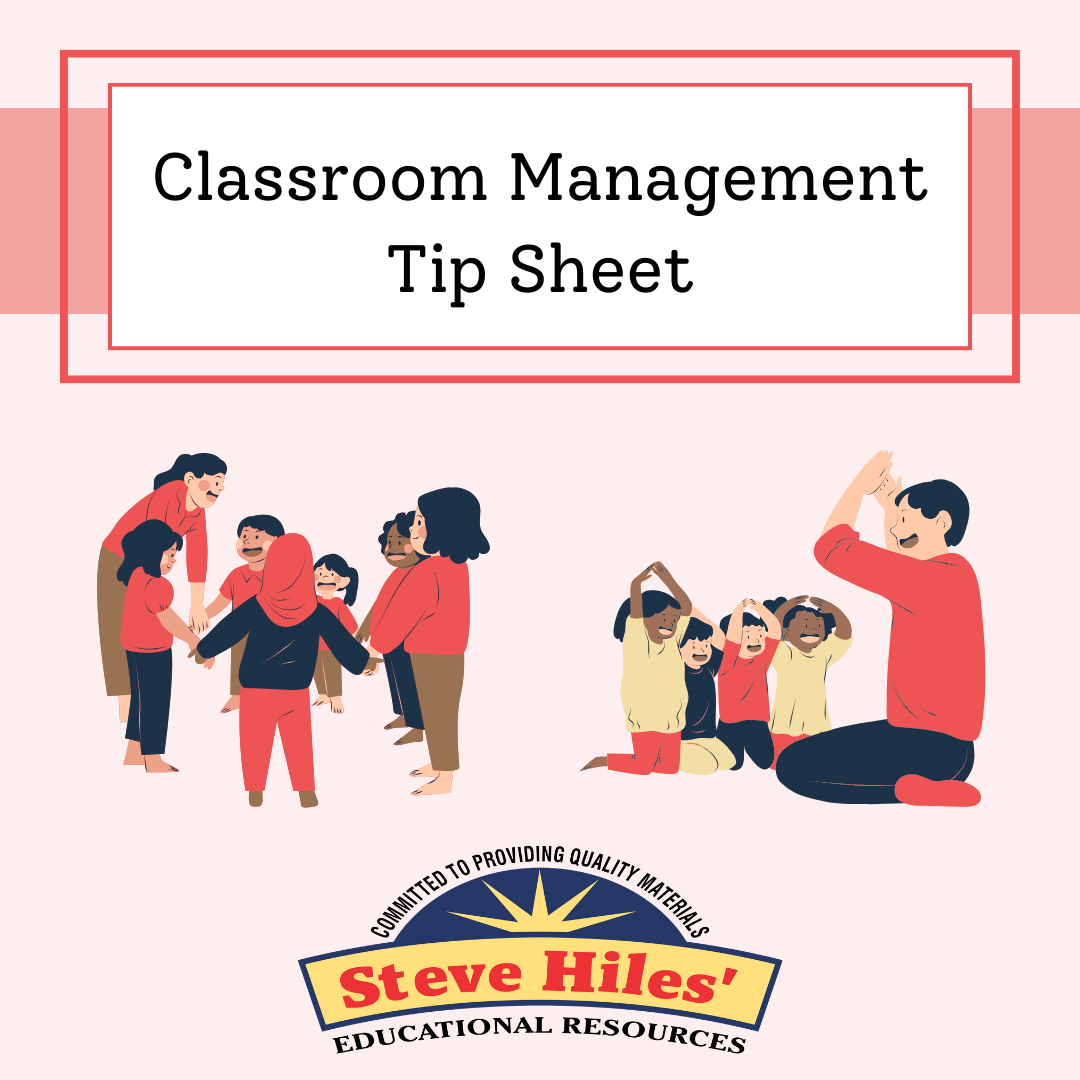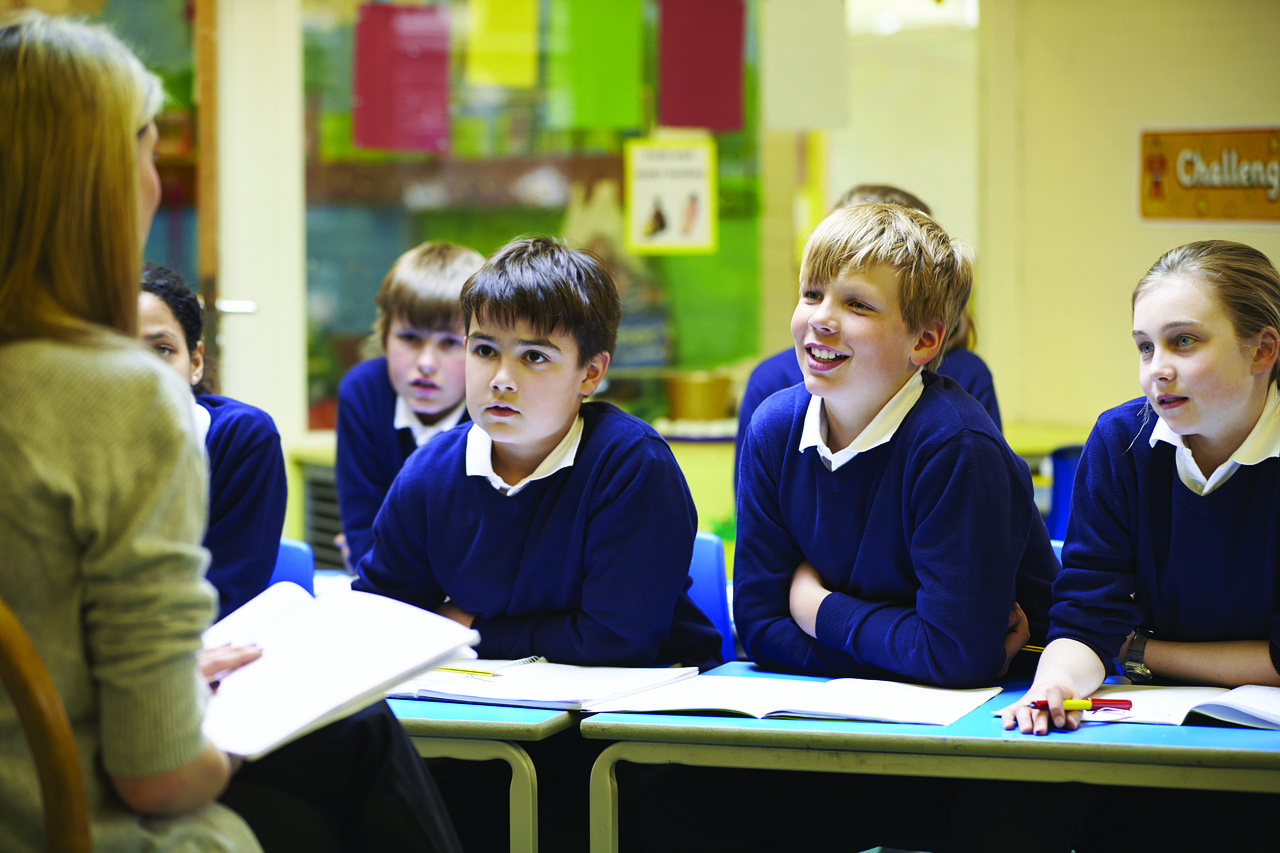First of all, let me provide a simple definition of procedures and routines. A procedure is specifically how something is to be done. Whereas a routine is a mechanically performed action – in other words, students perform this task automatically without actually having to think about it.
You might ask yourself which procedures you will necessarily have to implement. When I first entered the teaching profession, I kind of figured, well… I will need a procedure for a child to ask a question, a procedure to sharpen a pencil, a procedure to get up out of one’s seat, a procedure to get their attention, a procedure for collecting papers, etcetera!
These are, in fact, all fairly important procedures that I want to become routines in my classroom. This was based just on pure common sense. Now, of course, I have added additional procedures as I have gained experience and understand better what is appropriate to a particular group or age level.
First, you teach the procedure by talking about it and giving them a written or visual reference (this could be writing it on the whiteboard, pointing to a poster, projecting it using some kind of multimedia – slides, video, etc.).
Next, you model it. By this, I mean you demonstrate exactly how you want the procedure to be performed – playing the role of a student doing the task.
Then you rehearse the procedure with the whole class. Allow the students to walk through it physically. Try different groupings – you can have the whole class perform it or pairs of students do the procedure together, or in small groups or as individuals. As appropriate to the specific procedure and the class, it is usually less stressful to the students to have the whole class practice together the first time through. Then you can break out in small groups, then in pairs, and finally have individuals demonstrating that they can perform it “solo.”







